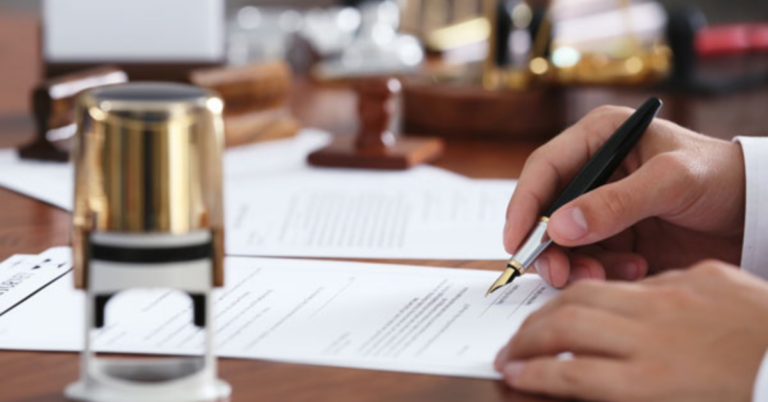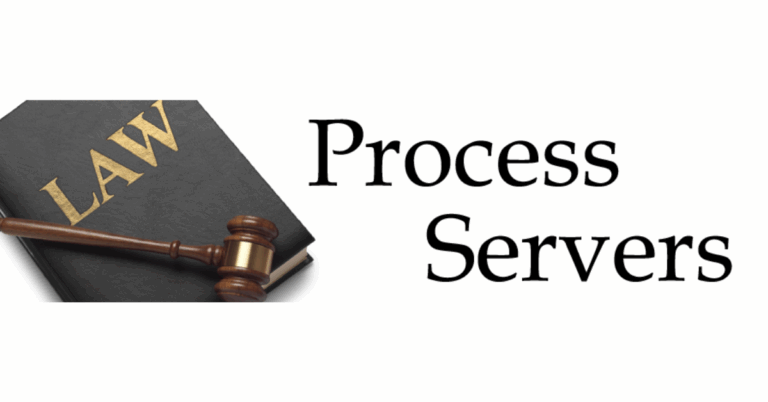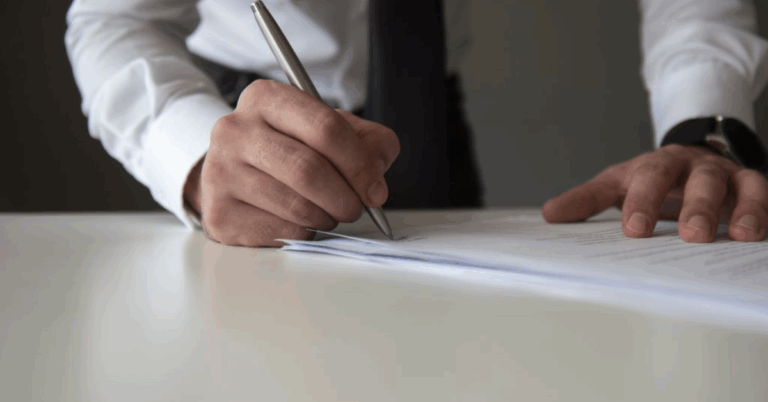The Apostille Process: Step-by-Step Guide to International Document Authentication
Apostille Process: When you need to use official U.S. documents abroad, ensuring they are legally recognized in the destination country is essential. This often requires an apostille, a certificate that authenticates your documents under the Hague Apostille Convention. Understanding the apostille process helps you navigate this important step smoothly.
At Rais Apostille Services, we guide individuals and businesses through every step of the apostille process, ensuring quick and accurate certification for international use. In this article, we break down the apostille process in detail and explain how our expert services can assist you.
What Is an Apostille?
An apostille is an official certificate attached to a public document to verify its authenticity for use in countries that are members of the Hague Apostille Convention. It confirms that the document’s signature, seal, or stamp is genuine, allowing the document to be accepted without further legalization.
The Apostille Process Explained
Step 1: Identify the Document Type and Issuing Authority
The first step is to determine whether your document is eligible for an apostille and which authority will issue it. Documents can be issued by:
-
State authorities (e.g., birth, marriage certificates, court orders)
-
Federal agencies (e.g., FBI background checks, naturalization certificates)
-
Notaries or local officials
Each type of document has a designated apostille issuing authority.
Step 2: Obtain a Certified or Original Document
To begin the apostille process, you need the original or a certified copy of your document. For certain documents, such as naturalization certificates, a certified copy is mandatory.
Step 3: Notarization (If Required)
Some documents must be notarized before they can be apostilled. For example, affidavits, powers of attorney, or notarized statements often require this additional step. Confirm with the apostille issuing authority if notarization is necessary.
Step 4: Submit the Document to the Appropriate Apostille Authority
The apostille must be obtained from the official authority where the document was issued:
-
State Documents: Apostilles for documents like birth certificates or marriage licenses are obtained from the Secretary of State’s office in the issuing state.
-
Federal Documents: Apostilles for federal documents, such as FBI background checks or naturalization certificates, are issued by the U.S. Department of State in Washington, D.C.
Step 5: Processing Time and Fees
Processing times vary depending on the state or federal office and whether you choose standard or expedited service. Fees are also set by the issuing authority and typically range from $5 to $50 per apostille.
Step 6: Receive the Apostille
Once the apostille is attached, your document is legally certified for international use in all member countries of the Hague Apostille Convention. The apostille is a separate certificate or a stamp added to the document verifying its authenticity.
What Happens Next?
With your apostilled document, you can now:
-
Submit it to foreign governments, embassies, or consulates
-
Use it for international education or employment applications
-
Present it for legal or business transactions overseas
How Rais Apostille Services Simplifies the Apostille Process
The apostille process may seem straightforward but can become complex due to varying state requirements, document types, and deadlines. Rais Apostille Services offers:
-
Expert guidance: We identify the correct issuing authority and prepare documents accordingly.
-
Nationwide coverage: We handle apostilles from all 50 states and federal documents.
-
Expedited processing: Choose same-day or next-day apostille service where available.
-
Document courier and mailing: We securely pick up and deliver your documents.
-
Complete legalization services: Including embassy or consular legalization for countries not in the Apostille Convention.
Our goal is to make the apostille process hassle-free and fast, so your documents are ready when you need them.
Frequently Asked Questions (FAQ)
What documents can be apostilled?
Public documents such as birth certificates, marriage licenses, diplomas, court documents, powers of attorney, and federal documents like FBI background checks.
How long does the apostille process take?
It varies by state and document type but generally ranges from 1 to 15 business days. Expedited options are available for faster service.
Is notarization always required before apostille?
Not always. Notarization depends on the type of document. For example, powers of attorney require notarization, but birth certificates usually do not.
Can Rais Apostille apostille documents from any state?
Yes, we work with all 50 states and the U.S. Department of State for federal documents.
What if my destination country is not part of the Apostille Convention?
If your country does not recognize apostilles, you will need embassy or consular legalization. Rais Apostille provides these full legalization services as well.
Contact Rais Apostille Services Today
If you’re ready to start the apostille process or need professional assistance with your documents, contact Rais Apostille Services. We offer fast, reliable, and affordable apostille services tailored to your needs.






